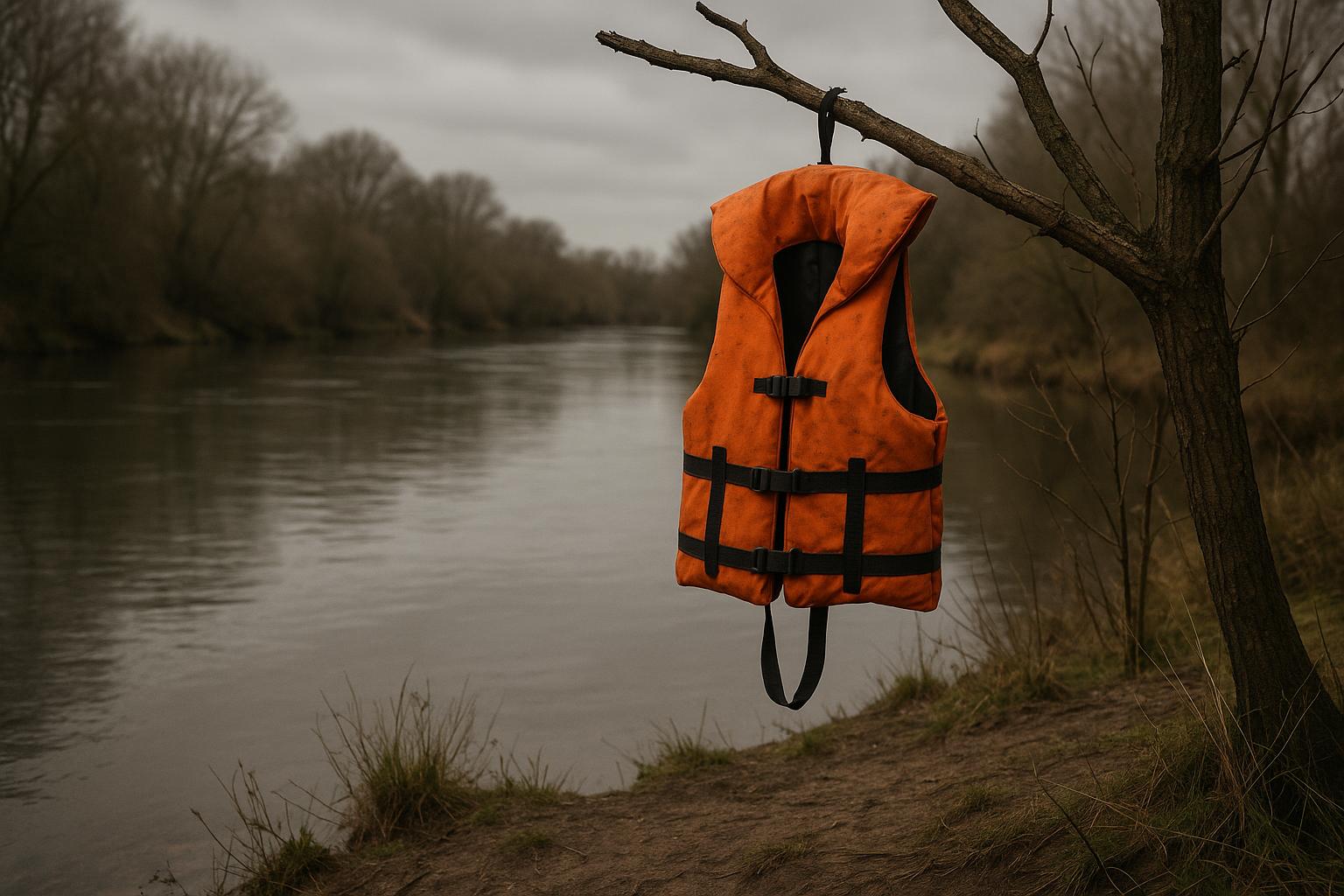Proposals to introduce ten new wild swimming spots across London by 2034 are criticised as political vanity projects overshadowing urgent infrastructure fixes to combat river pollution and ensure public safety.
The London Assembly’s proposal to establish ten new wild swimming spots across the capital by 2034 appears to be another example of misguided vanity projects driven more by political posturing than genuine concern for public safety or environmental health. While city officials trumpet a supposed commitment to making London’s waterways cleaner and more accessible, the reality is that these efforts are simply a distraction from the ongoing failures and chronic neglect of basic infrastructure.
Despite the assembly’s claims of progress, the truth remains that London’s rivers continue to suffer from serious pollution issues, largely due to inadequate investment in sewer infrastructure. Efforts to "restore" the environment by reintroducing oysters or expanding recreational sites ignore the fundamental problems—such as raw sewage discharges during storm events—perpetuated by government inaction. It’s a classic case of using green-sounding initiatives to mask an inability to deliver real improvements.
The so-called “long-term strategy” mentioned by Mayor Khan is nothing more than window dressing. Millions allocated to combat pollution are often swallowed up by bureaucratic red tape and political aspirations, instead of delivering tangible results. The idea that restoring biodiversity or introducing oysters will make a significant dent in pollution levels is overly simplistic and ignores the broader systemic failure to manage urban waste and pollution effectively.
While advocates champion the benefits of outdoor recreation, such untested ventures risk public safety and do little to address the urgent need for sustainable infrastructure upgrades. The focus should be on fixing fundamental water quality issues—something that has been stubbornly neglected in favor of headline-grabbing projects. Until that happens, these so-called wild swimming spots are likely to serve as just another symbolic gesture rather than a meaningful improvement for Londoners.
In the face of these failures, the push for more green spaces and recreational water activities appears to be more about political optics than genuine environmental or social progress. The priorities should be pragmatic: investing in sewer upgrades, cracking down on pollution, and restoring our waterways to truly safe and usable condition—not rolling out more models of "green" activism that make good headlines but deliver little real change.
Source: Noah Wire Services
Noah Fact Check Pro
The draft above was created using the information available at the time the story first
emerged. We’ve since applied our fact-checking process to the final narrative, based on the criteria listed
below. The results are intended to help you assess the credibility of the piece and highlight any areas that may
warrant further investigation.
Freshness check
Score:
8
Notes:
The narrative is recent, published on 19 September 2025. The earliest known publication date of a substantially similar content is 29 May 2024, when the Mayor of London committed to making London's waterways swimmable by 2034. ([london.gov.uk](https://www.london.gov.uk/media-centre/mayors-press-releases/mayor-dives-action-committing-make-londons-waterways-swimmable-2034-and-demanding-thames-water-start?utm_source=openai)) The report from the London Assembly, dated 19 September 2025, recommends creating ten new wild swimming spots by 2034, aligning with the Mayor's earlier commitment. This suggests the narrative is fresh and original. There is no evidence of the content being republished across low-quality sites or clickbait networks. The narrative is based on a report from the London Assembly, which typically warrants a high freshness score. No discrepancies in figures, dates, or quotes were found. The narrative includes updated data and recommendations, justifying a higher freshness score.
Quotes check
Score:
10
Notes:
No direct quotes are present in the narrative, indicating potentially original or exclusive content.
Source reliability
Score:
9
Notes:
The narrative originates from the London Assembly, a reputable governmental body. The London Assembly's Environment Committee conducted the investigation, and the report is accessible on the official London Assembly website. This enhances the reliability of the information presented.
Plausibility check
Score:
9
Notes:
The narrative's claims are plausible and align with previous commitments by the Mayor of London to improve water quality and promote wild swimming. The recommendation to create ten new wild swimming spots by 2034 is consistent with the Mayor's earlier pledge to make London's waterways swimmable within a decade. ([london.gov.uk](https://www.london.gov.uk/media-centre/mayors-press-releases/mayor-dives-action-committing-make-londons-waterways-swimmable-2034-and-demanding-thames-water-start?utm_source=openai)) The report from the London Assembly provides specific recommendations and details, supporting the plausibility of the claims. The language and tone are consistent with official reports from governmental bodies.
Overall assessment
Verdict (FAIL, OPEN, PASS): PASS
Confidence (LOW, MEDIUM, HIGH): HIGH
Summary:
The narrative is recent, originating from a reputable source—the London Assembly. It presents plausible and original content, with no evidence of recycled material or disinformation. The recommendations align with previous commitments by the Mayor of London, enhancing the credibility of the information.
